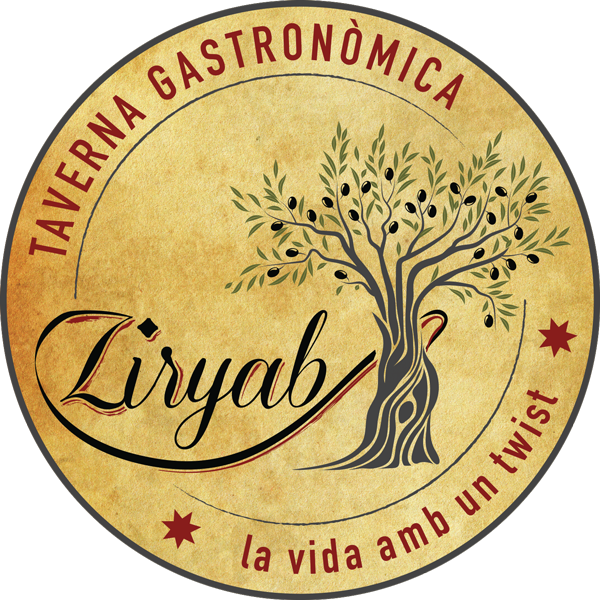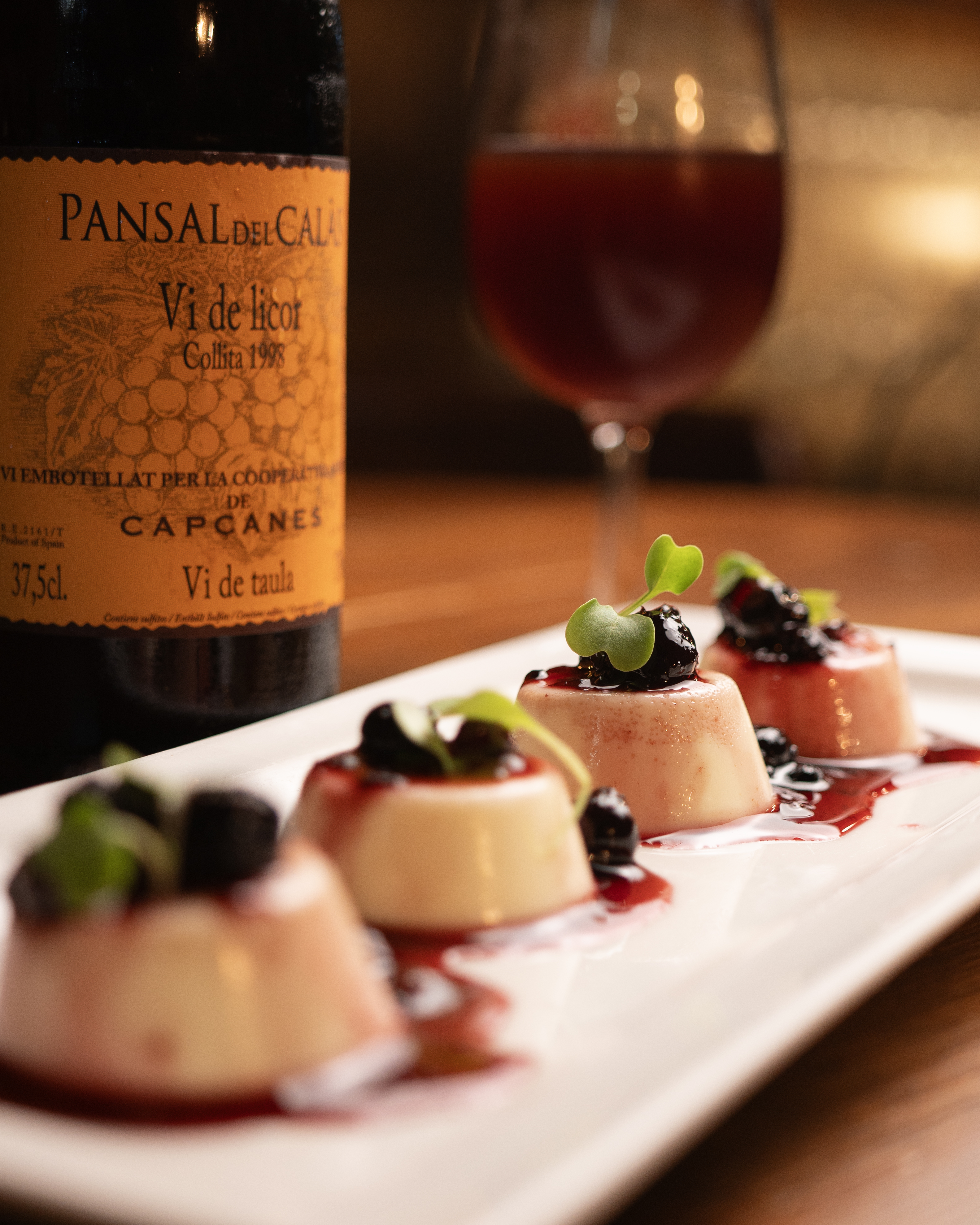Barcelona, a city that blends tradition and modernity, is renowned not only for its architecture and beaches but also for its rich gastronomic offerings. Tapas and wine pairings are an art that Catalans have perfected over time. In this article, we’ll explore the best tapas and wine combinations for an unforgettable culinary experience in the Catalan capital.
The Magic of Tapas and Wine: A Barcelonian Ritual
In Barcelona, enjoying tapas is more than just eating; it’s a social ritual that celebrates life. Tapas, which range from small bites to more elaborate dishes, are paired with carefully selected wines to enhance their flavors. But how do you choose the perfect wine for each tapa? Here’s a detailed guide to help you find the ideal pairings.
Classic Tapas from Barcelona and Their Pairings
1. Bread with Tomato and Iberian Ham
The famous pa amb tomàquet, topped with Iberian ham, is a must-have in Catalan cuisine.
Ideal Wine: A young red wine like Tempranillo, whose freshness balances the ham’s fat while complementing the sweetness of the tomato.
Tip: Choose a wine from the Penedès region for an authentic experience.
2. Patatas Bravas
This flavorful and spicy dish, thanks to its hot sauce and aioli, calls for a wine that can balance its intensity.
Ideal Wine: A dry rosé like Garnacha Rosé, with refreshing acidity that contrasts beautifully with the spiciness.
Alternative: A local craft beer also works wonderfully.
3. Fried Calamari
Crispy and light, fried calamari pairs best with fresh wines to highlight its flavors.
Ideal Wine: A white Albariño, with its citrusy and mineral profile.
Tip: Serve it well chilled for maximum enjoyment.
4. Bacalao Esqueixada
This salad of salted cod mixed with peppers, onion, and olive oil is refreshing and full of nuance.
Ideal Wine: A brut cava. Its citrus notes and effervescence complement the saltiness of the cod.
Local Tip: Cava is a classic choice in many Barcelona wine bars.
5. Galician-Style Octopus
Although originally from Galicia, this dish has become a local favorite in Barcelona.
Ideal Wine: A white Ribeiro, fresh and with herbal notes that enhance the paprika flavors of the octopus.
Innovative Tapas and Contemporary Wines
1. Tuna Tartare with Avocado
This fresh and sophisticated combination blends the creaminess of avocado with the delicacy of tuna.
Ideal Wine: An oaked Chardonnay, with buttery and tropical fruit notes that harmonize with the creamy texture.
2. Mushroom Croquettes
With an earthy flavor and creamy texture, these croquettes shine with the right wine.
Ideal Wine: A Pinot Noir red wine, with a light body and red fruit notes that complement the mushrooms’ flavor.
3. Foie with Red Wine Reduction
A decadent bite that requires a wine to match its intensity.
Ideal Wine: A sweet Pedro Ximénez, with notes of figs, raisins, and caramel that meld perfectly with the foie.
Tips for Pairing Like an Expert
- Balance: Ensure the wine and tapa complement each other without one overpowering the other.
- Regional Origin: Combine local wines with tapas from the same region for a more authentic experience.
- Experiment: Don’t hesitate to try new combinations; unexpected pairings can be delightful surprises.
- Ask the Sommelier: In many bars, sommeliers are happy to recommend the best combinations.
A Unique Sensory Experience
Pairing tapas and wine in Barcelona is a culinary adventure that combines history, culture, and creativity. From classics like bread with tomato to the most innovative tapas, there’s always a perfect combination for every palate. The next time you visit this vibrant city, immerse yourself in its gastronomic universe and discover the pairings that capture the essence of Barcelona.
Ready to explore the flavors of the Catalan capital? Cheers and enjoy your meal!

